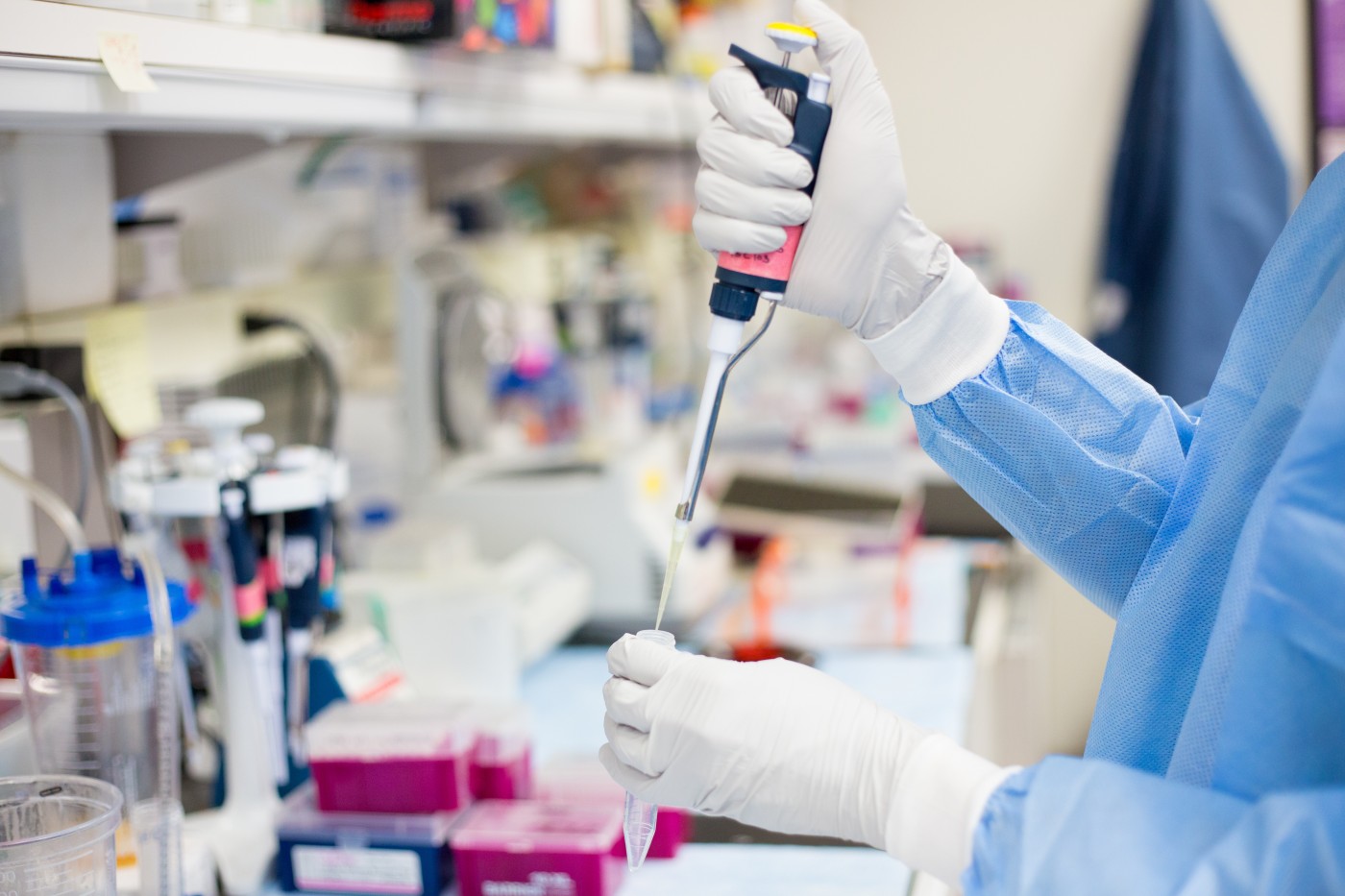Innocrin Pharmaceuticals has initiated dosing in a Phase 2 clinical trial in patients with estrogen receptor-positive (ER+) or triple negative breast cancer (TN BCa) to determine the safety, tolerability, pharmacokinetics and activity of seviteronel (VT-464), a lyase-selective inhibitor of CYP17. After completion of the Phase 1 part of trial, a once-daily dose was chosen for Phase 2 development.
A diagnosis of triple negative breast cancer means that the three most common types of receptors known to fuel most breast cancer growth–estrogen, progesterone, and the HER-2/neu gene — are not present in the cancer tumor. This means that the breast cancer cells have tested negative for hormone epidermal growth factor receptor 2 (HER-2), estrogen receptors (ER), and progesterone receptors (PR). Since the tumor cells lack the necessary receptors, common treatments like hormone therapy and drugs that target estrogen, progesterone, and HER-2 are ineffective. Patients with triple-negative breast cancer might respond well to anti-androgen therapies.
Seviteronel selectively inhibits CYP17 lyase, a target of abiraterone, and has unique blocking effects on androgen receptor (AR), the target of enzalutamide. Preclinical and clinical data has shown that some abiraterone- or enzalutamide-resistant patients will respond to seviteronel treatment. The drug is being developed for the treatment of breast and prostate cancers resistant to traditional anti-hormonal therapy.
William Moore, Ph.D., Innocrin’s Chief Executive Officer said in a press release, “The importance of the androgen receptor (AR) to the development of ER+ and TN BCa disease progression has become better recognized by the medical community. Seviteronel both reduces androgens and estrogens through its inhibition of CYP17 lyase and directly antagonizes the AR, so it has the potential to provide benefit for women with cancers that have not responded to traditional anti-estrogen therapies. We look forward to presenting the results from our Phase 1 study at the upcoming ASCO Annual Meeting.”
On Sunday, June 5, 2016 at the 2016 ASCO meeting, Aditya Bardia, M.D., will present the results of the study entitled “Phase 1 study of oral seviteronel (VT-464), a dual CYP17-Lyase inhibitor and androgen receptor antagonist, in patients with advanced AR+ triple negative or estrogen positive breast cancer.”
Innocrin also announced that once-daily seviteronel has advanced to Stage 2 in two separate Phase 2 castrate resistant prostate cancer (CRPC) studies. Dr. Moore further commented, “It is gratifying that seviteronel has demonstrated early signs of therapeutic benefit in both of these very important clinical studies. Novel therapies for men whose CRPC has progressed despite treatment with enzalutamide or with abiraterone represent a growing unmet medical need. Positive results from these studies will enable us to advance seviteronel as a therapeutic alternative to systemic radio- or chemo-therapy for these men. Correlative results from these studies, which include AR-v7 analyses, will help us identify the populations that will most benefit from seviteronel.”
The company plans to present the final data from these Phase 2 BCa and CRPC studies at future medical meetings.

